Cinema has always had a short memory. Some films make a splash, get showered with Oscars, and then quietly fade into the background. Others, buried under hype machines and box-office behemoths, never get their due at all. These overlooked, underrated films — from A History of Violence (2005) to Take Shelter (2011) — deserve a place on your watchlist.
We’re living in an age where streaming platforms serve up more choices than we can reasonably keep up with. For every heavily marketed blockbuster, there’s a film quietly waiting to be discovered—something smarter, riskier, maybe even better. Some of these films didn’t have the right stars, didn’t win the right awards, or were simply badly timed. But if you’re willing to look past Hollywood’s obsession with whatever’s trending, you’ll find a goldmine of great filmmaking.
Some slipped through the cracks, some were just ahead of time. All are worth watching.
Join us on YouTube for fresh movie recommendations every week.
Most Underrated Movies
1. A History of Violence (2005)
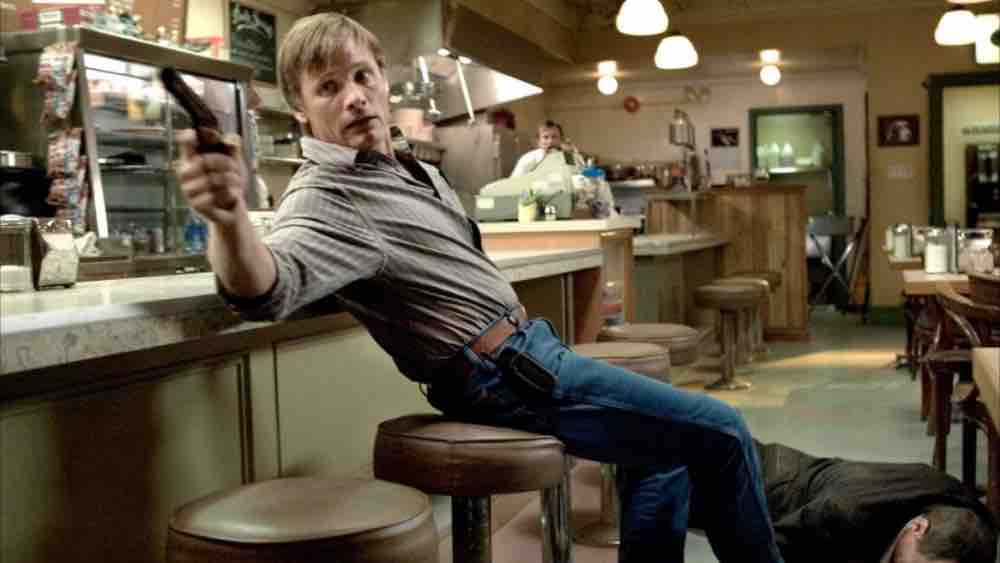
David Cronenberg, best known for his grotesque, body-horror nightmares, strips things down to the bone in this slow-burning thriller. Viggo Mortenson is Tom Stall, an everyday Joe in a small town somewhere in the midwest, owns a diner, with a loving wife and two kids. But when two Mafia-looking strangers come wandering to his place accusing him of being the most insane, bloodthirsty mobster who went into hiding years ago, things go sideways.
Cronenberg pushes past the surface of a standard crime thriller to ask unsettling questions: How well do we ever really know someone? Can a person escape their past? Is violence ever truly behind us? It’s one of the most unnerving films of the 2000s—and Mortensen is at his career-best.
2. Sin City (2005)
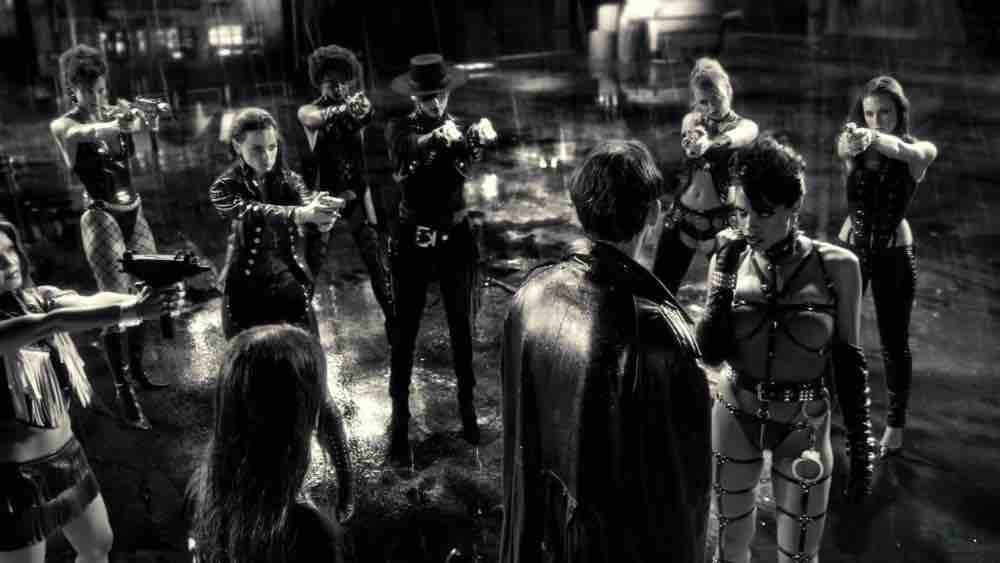
Sin City was Robert Rodriguez’s passion project. The director is best known for his love for hard-boiled neo-noir tales, and so brings the right tone to visualize the harsh yet stylish world of Frank Miller’s imagination. In fact, Rodriguez has turned comic book storytelling into a beautiful art.
This movie runs on different chapters, connecting characters, all in one setting. And it’s packed with superstar actors playing intriguing characters, in the run-down corrupt hellhole that is Basin City. Though the film is more about style than story, Rodriquez and Miller offer a very cynical and shocking view about politics and religion. Sin City should be embraced as the wildly fun crime epic that it is. One could even call it a modern noir classic. Unfortunately, the film’s popularity has gradually faded over the years.
3. Children of Men (2006)
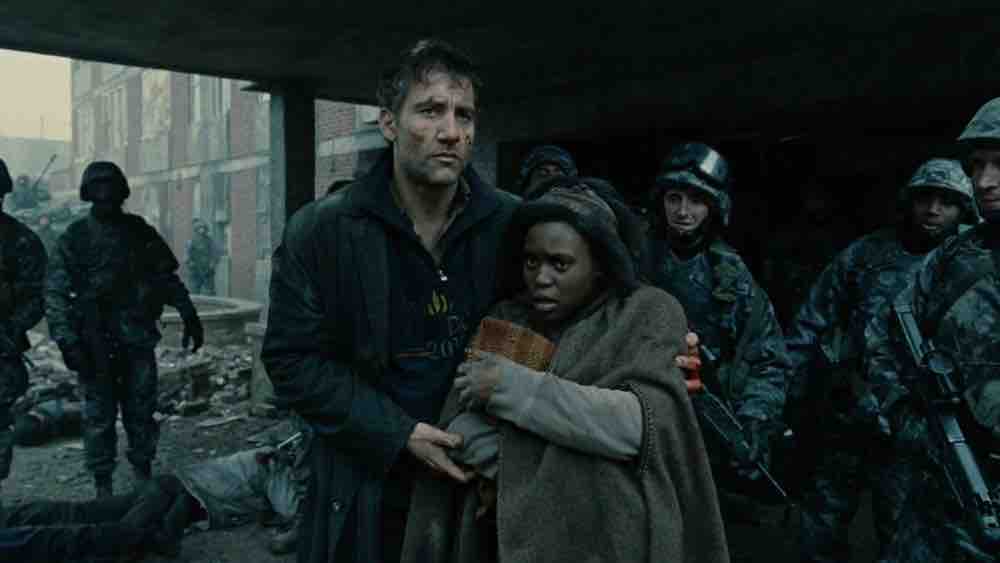
Roma wasn’t Alfonso Cuaron’s only masterpiece. He’s made a few before that including the radical road movie Y tu mama tambien (2001). Children of Men is one of his most thought-provoking, touching films. It’s set in the year 2027. The human populace has become infertile and the world is in the midst of complete social collapse. When one of the last children born on Earth is murdered, his death sets off massive protests and violent conflicts between sectarian groups.
Clive Owen stars as Theo, a bureaucrat who is thrown into the midst of this chaos. He soon finds a refugee and a pregnant woman named Kee (Claire-Hope Ashitey), and their journey to get to safety. The movie is bleak, feels timely, and hits you in the gut. But in the end, it gets you back up with a sense of renewed hope.
4. Drive (2011)
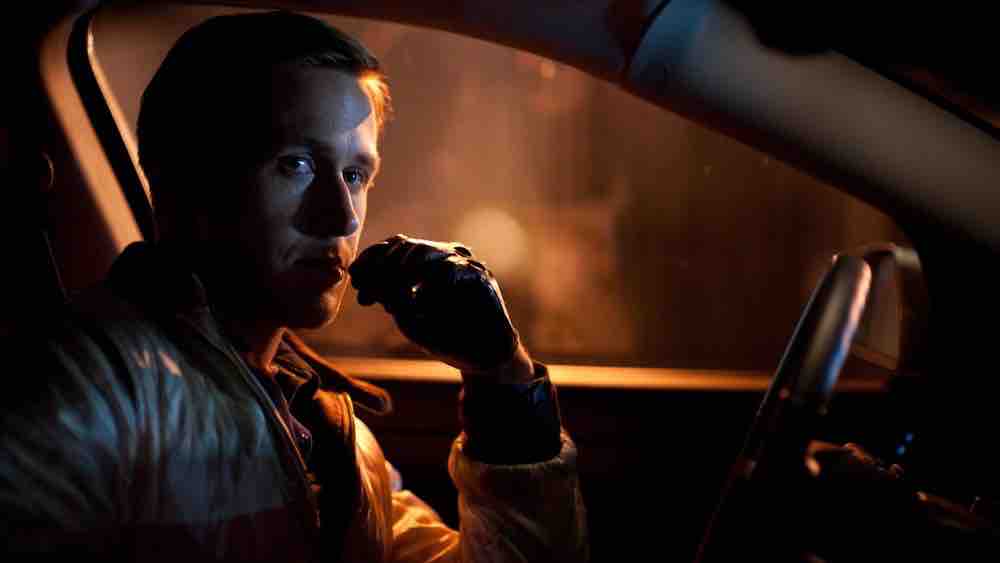
Danish filmmaker Nicolas Winding Refn evidently loves film noir as well as movies dealing with the criminal underworld. His unflinching neo-noir work Pusher Trilogy brilliantly updated the classic noir template. For Drive, Refn was inspired by the underrated neo-noir films like Two Lane Blacktop (1971), The Driver (1978), and Thief (1981). Ryan Gosling plays a stunt driver who, after befriending his neighbor and forming a romance with her, becomes involved in protecting her and her son from the mob.
Gosling has starred in movies like The Notebook, La La Land, The Nice Guys, First Man, and so on. But Drive will always be my most favorite film of his. It seems to take an arthouse narrative approach, even though the action is too brutal at times. With some of the greatest car chases in film history, Drive is an earth-shattering crime epic that reflects the motifs of the human soul.
5. Take Shelter (2011)
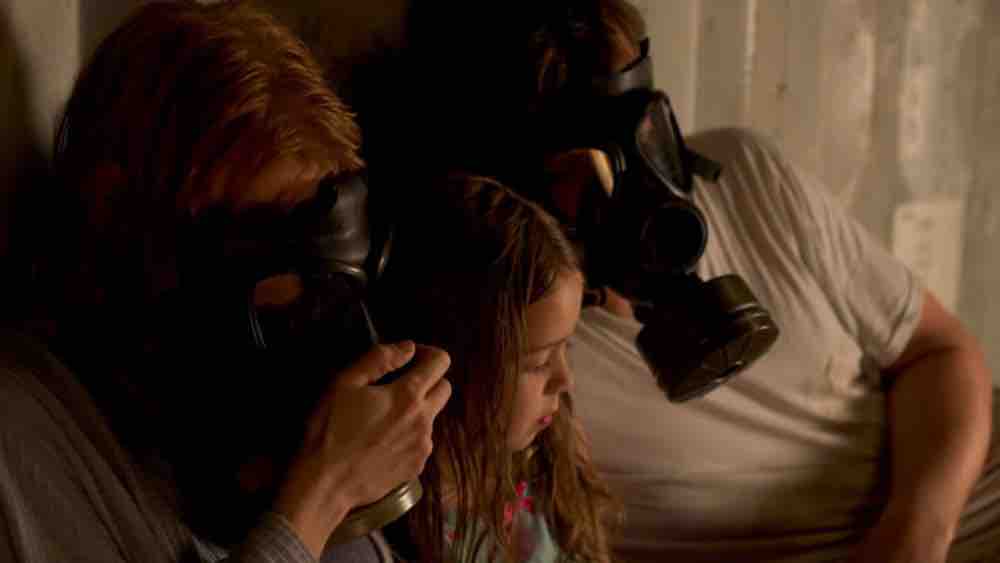
Writer-director Jeff Nichols’ entire oeuvre, not just Take Shelter, deserves more appreciation. From Shotgun Stories (2007) to the stirring romance drama Loving (2016), Nichols has brilliantly explored the social realities of modern America.
This slow-burn psychological thriller follows Curtis (Michael Shannon), a working-class father plagued by nightmares of an impending catastrophe. As his paranoia mounts, he begins secretly building an underground storm shelter—alienating his wife (Jessica Chastain) and friends in the process. Is he losing his grip on reality, or is he the only one seeing clearly? Take Shelter masterfully walks that line, leaving you unsettled long after the credits roll.
Shannon’s intense performance and Nichols’ narrative ambiguity keep us anxious till the end. The largely forgotten film received some critical buzz – including FIPRESCI Prize at Cannes – at the time of its release.
6. We Need to Talk About Kevin (2011)
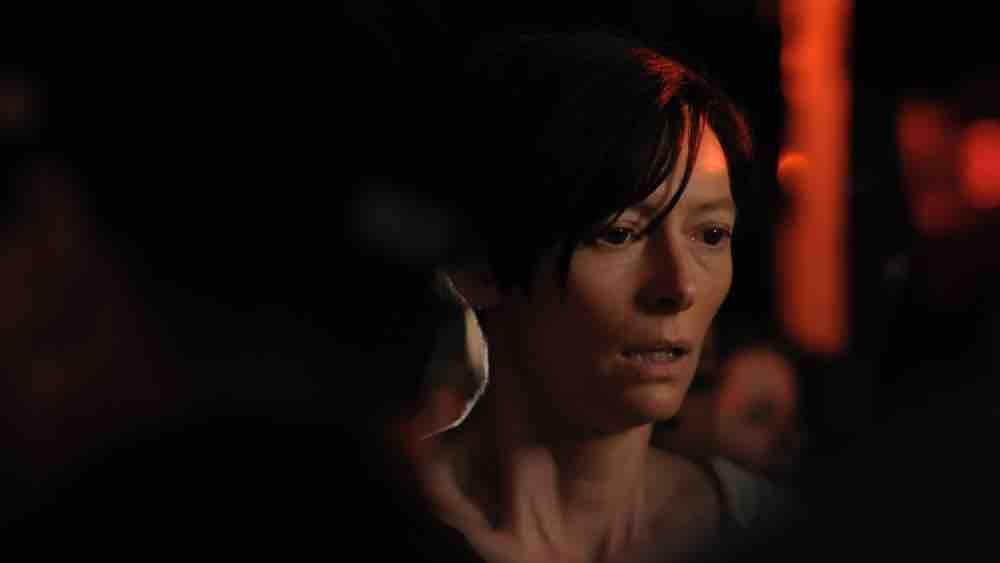
Scottish filmmaker Lynne Ramsay is known for her uncompromising style. Over two decades, she has crafted just four complex character dramas, each with her signature intensity. We Need to Talk About Kevin stands as her masterpiece, exploring a deeply troubled mother-son relationship.
Based on Lionel Shriver’s novel of the same name, the story centers on Eva, a successful travel writer who marries the gentle, easygoing Franklin. After Kevin is born, Eva gives up her career to raise him. But from the start, their bond is strained.
Kevin grows into a moody, deceitful teenager, and just before his sixteenth birthday, he commits an unthinkable crime. We Need to Talk About Kevin delivers a haunting look at parental guilt and the myth of perfect motherhood. Tilda Swinton’s terrific performance anchors the film.
7. The Tree of Life (2011)
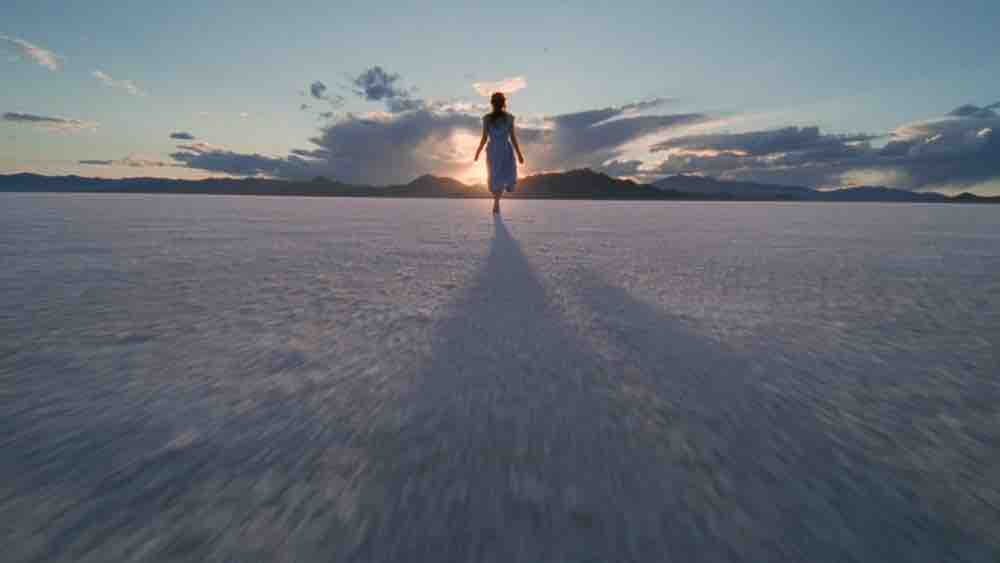
The Tree of Life is the most ambitious, passionate piece in Terrence Malick’s oeuvre, who’s previously made masterpieces like Days of Heaven and The Thin Red Line. However, in the long run, I hope the director will be remembered for his brilliantly humanistic perspective in The Tree of Life.
Through the life of a Texas-based family in the 1960s, Terrence Malick explores the beauty of existence on a universal and spiritual scale. The cinematography is stunning, to say the least. If you’re a romantic like me, this movie will move you and leave you with a renewed sense of optimism and appreciation for life.
The film doesn’t offer answers to the questions it raises about existence and the human condition. Yet it’s so visually breathtaking that it makes even the greatest blockbuster seem feeble in comparison.
8. The Master (2012)
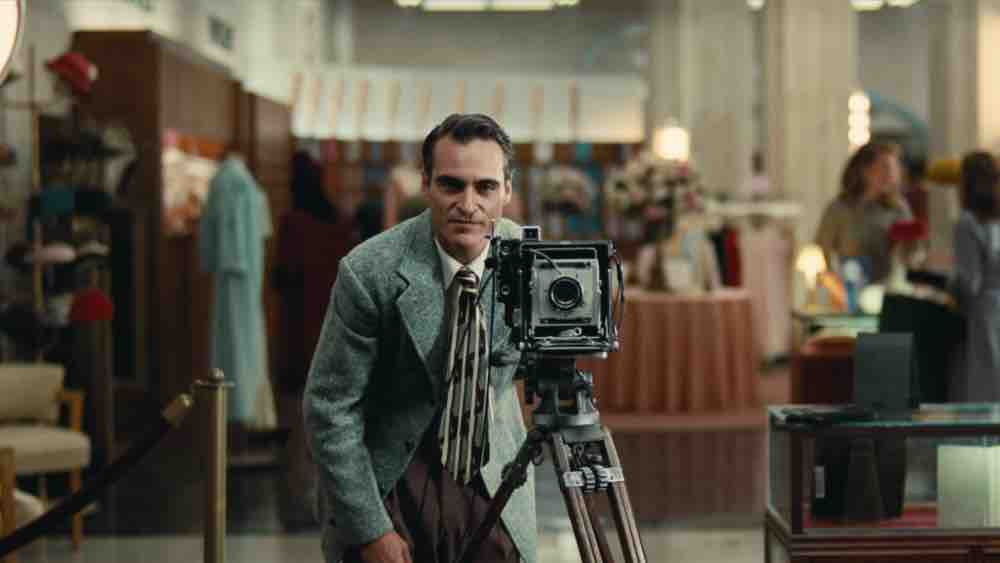
Paul Thomas Anderson has made some remarkable films — There Will Be Blood, Phantom Thread, and more recently, Licorice Pizza. But The Master remains my favorite. While There Will Be Blood is often seen as his defining work, The Master stands right alongside it.
Loosely inspired by the early life of L. Ron Hubbard, the founder of Scientology, The Master follows Freddie Quell, a volatile World War II veteran played by Joaquin Phoenix. Phoenix delivers a career-best performance, even outshining the brilliant Philip Seymour Hoffman and Amy Adams, who portray the leaders of a cult that draws Freddie in.
What follows is a haunting portrait of a lost and broken man searching for meaning. Phoenix brings Freddie’s rage, vulnerability, and confusion to life with extraordinary intensity.
9. Cloud Atlas (2012)
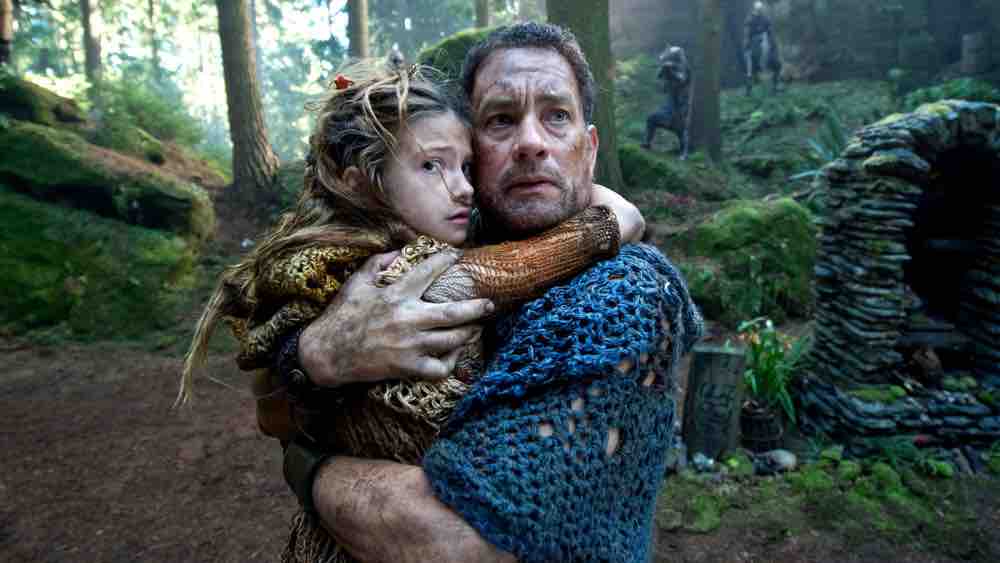
Cloud Atlas, the Wachowskis’ and Tom Tykwer’s ambitious adaptation of David Mitchell’s novel, split critics and flopped at the box office. The film painstakingly weaves together six stories, each set in a different time period between the 19th and 23rd centuries. It’s natural to feel disoriented at first, moving between shifting timelines, characters, and conflicts.
Yet, at its core, Cloud Atlas is about how individual actions ripple across history. Though each character’s struggle is different, all seek emancipation from oppressive systems. The film reflects on how self-determination and suffering are constant threads in human society.
Cloud Atlas is both fascinating and frustrating — a bold, original work that rewards multiple viewings.
10. Ruby Sparks (2012)

Quirky, free-spirited women became a familiar archetype in Hollywood romance dramas and rom-coms. Film critic Nathan Rabin even coined a term for it: the Manic Pixie Dream Girl. From Audrey Hepburn to Natalie Portman, several actors have played these eccentric characters, often written only to help men achieve their goals.
Valerie Faris and Jonathan Dayton’s Ruby Sparks turns that idea on its head. Paul Dano plays Calvin, a socially awkward writer stuck in creative and emotional limbo. In a burst of inspiration, he invents Ruby, his idea of the perfect woman. To his shock, Ruby comes to life, and Calvin struggles to navigate their relationship as he realizes he can control her every move.
Ruby Sparks is a sharp, thoughtful critique of modern relationships and the fantasy of control.
11. Locke (2013)
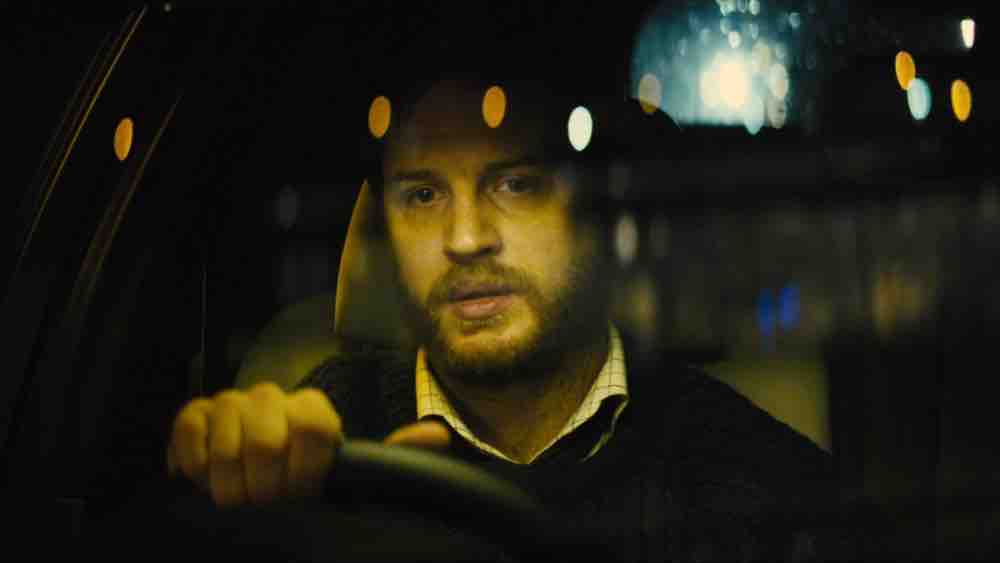
Steven Knight’s second film as director takes place entirely inside a car. Ivan Locke, a well-respected family man, faces the worst night of his life. Over the course of a single, lonely drive, he talks to different people on the phone, trying to hold together both his personal and professional life.
Tom Hardy anchors the film with a remarkable performance. Known for playing larger-than-life roles in The Dark Knight Rises and Mad Max: Fury Road, Hardy here plays an ordinary man, showing a quiet but powerful range of emotions.
But the real star of Locke is Knight’s screenplay. He keeps the tension alive despite the confined setting, and as a director, he finds inventive ways to create visual momentum from a simple, single-location story.
12. Enemy (2013)
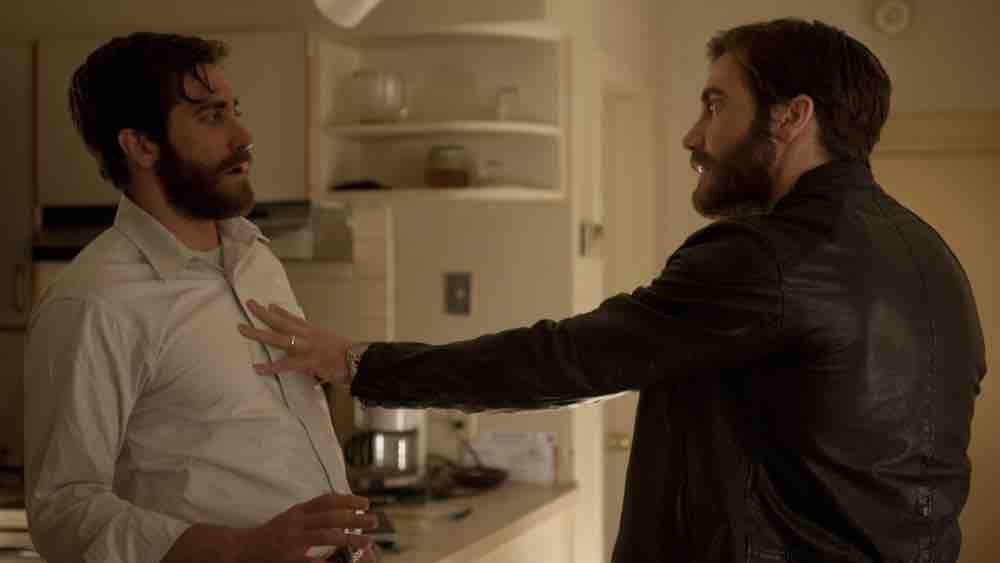
Denis Villeneuve built his name with bold indie dramas and big-budget Hollywood projects. He made Polytechnique, a powerful low-budget film about a school shooting, while also directing large-scale productions like Blade Runner 2049 and Dune. Enemy is perhaps his most puzzling and underrated film, based on Nobel laureate José Saramago’s novel The Double.
The story follows Adam Bell, a timid history teacher played by Jake Gyllenhaal. One night, while watching a movie, Adam spots his exact double — a confident bit-part actor — and becomes obsessed. The discovery triggers an identity crisis and leads to a series of unsettling twists.
Enemy is worth watching for Gyllenhaal’s gripping performance and Villeneuve’s haunting visual style. The film often feels like a nod to David Lynch’s best psychological horrors.
13. 99 Homes (2014)
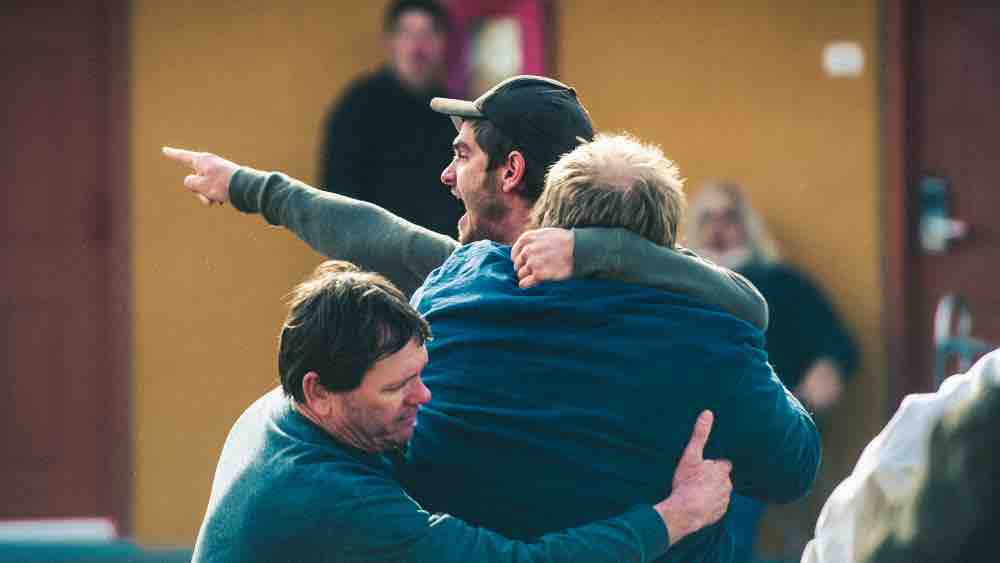
American filmmaker Ramin Bahrani often makes movies on one of the most underrepresented sections of the American populace: the working class. His earlier indie projects like Man Push Cart (2005), Chop Shop (2007), and Goodbye Solo (2008) empathetically delved into the lives of the poor and homeless Americans. 99 Homes brought Bahrani into the Hollywood spotlight, with stars like Andrew Garfield, Laura Dern, and Michael Shannon.
The film is set in the aftermath of the 2008 financial crisis and follows Dennis Nash (Garfield), a construction worker and single father who is evicted from his home by ruthless real estate broker Rick Carver (Shannon) and his team. Desperate to get his family back into their home, Dennis takes a job working for Carver, becoming embroiled in the corrupt and unethical world of foreclosure evictions. But as his business becomes successful, Dennis must confront the moral implications of his actions, and the cost of his ambition.
Conclusion
‘Underrated’ doesn’t always mean a film was ignored by critics or bombed at the box office. Movies like The Master, Children of Men, and Sin City received strong attention when they came out, but over time, they faded from conversation while lesser films stayed in the spotlight.
If you’re done with these 13, check out Killer Joe (2011), The Place Beyond the Pines (2012), Coherence (2013), Anomalisa (2015), Mudbound (2017), and Under the Silver Lake (2018). Over to you now. Which do you think are the best films cinephiles have overlooked all along?
Additional writing by Arun Kumar

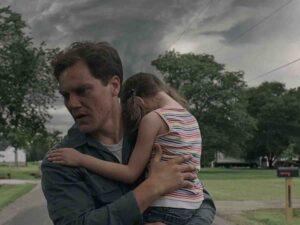
1 thought on “Beyond the Spotlight: 13 Underrated Films”
Comments are closed.